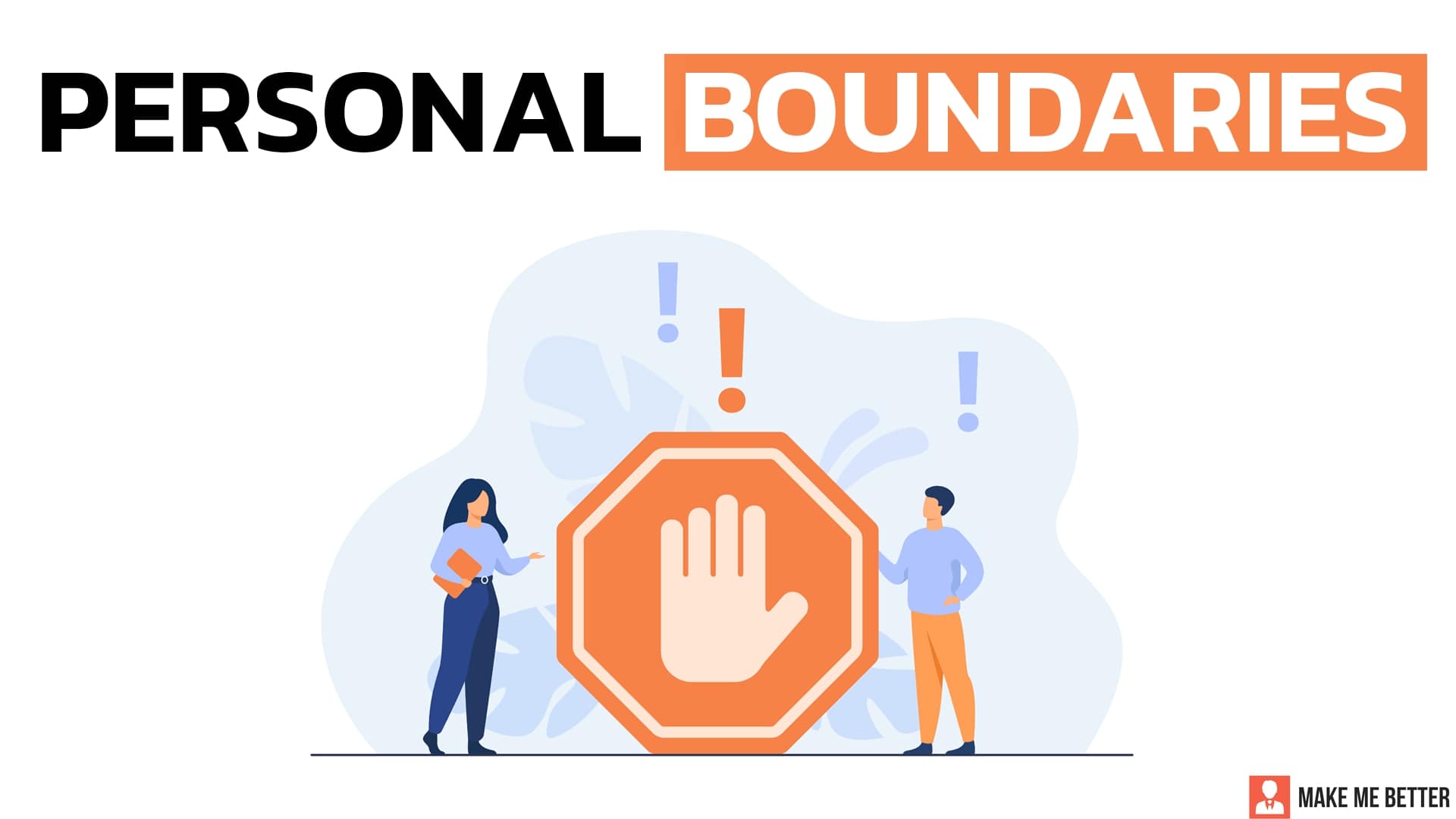One of the most important interpersonal skills we need to develop is that of setting boundaries. It will help us in our family life, in the workplace, in our romantic relationships, and in any situation where we need to say no and protect ourselves against mistreatment. Personal boundaries are essential in all areas of life.
Sometimes, it can be hard to recognize that we need firmer boundaries or feel entitled to enforcing them. But it’s essential. First, boundaries help us commit to our core beliefs and identify the things that we will never take.
For example, if we abhor violence, we should not allow it in our interpersonal relationships either. Boundaries help us maintain our core values and beliefs.
Secondly, boundaries help us put ourselves first. This is not selfish, it’s essential. It helps us protect our well-being and develop better relationships with others. Boundaries contribute to better self-esteem and make us feel more empowered.
But how can we set these boundaries?
Take action if something is unacceptable
The first strategy is to identify what you find unacceptable and act when confronted with it. It makes it easier to deal with to have this commitment to yourself, that you will act if this or that situation happens. Don’t be afraid to take action, whether it’s blocking them, reporting if it happens online, or walking away.
Making the commitment to action can help you speak up and not stay quiet when something happens. Consider the situations you are no longer willing to put up with.
Do it first, others will follow
It can be tricky to be the first person to enforce boundaries among your social group or in the workplace. You might feel as if you stand out from the group. But your behavior is likely to have a positive effect on other people. They might also begin to set their boundaries and stick to their core beliefs.
Also, model the behavior you hope to see from others. If you want those around you to respect you, respect them, and keep up the standards you wish to see in your environment.
Have a plan if a boundary gets crossed
It can be hard to react to the moment. You might feel upset if a boundary gets crossed and unsure of what to do. This is why it’s a good idea to decide what you will do in advance. Maybe you can come up with a phrase that will help you deflect a common question or call out bad behavior.
Maybe you can decide when you disengage and leave the situation. Having a plan will make you feel more secure and confident, better prepared to face a situation when your boundaries are put to the test.
Keep it cool
The good idea is to take action calmly. Avoid yelling or insulting, as that can escalate the situation. Sometimes, you might feel too upset to be in control fully, but it’s a good idea to try and avoid a disproportionate reaction.
Staying polite, if icy, gives you the higher ground. It is also a way to reduce the guilt many people feel when they say no or enforce a boundary. Being polite makes you look less rude and better able to handle a difficult situation.
Communicate your boundaries clearly
The good idea is to anticipate problems and speak to the people around you about your boundaries. You can say, for example, that you are not willing to talk about your body or that your food is off-limits. It’s fine to say these things politely and help the other person understand what it is that you want.
Once you have communicated your boundaries, the other person needs to choose to break them, meaning you can feel more confident in enforcing them again.
Start by communicating what you want and don’t want, what you need and what you expect; don’t assume that other people will read your mind. In many cases, simply saying things will be enough.



